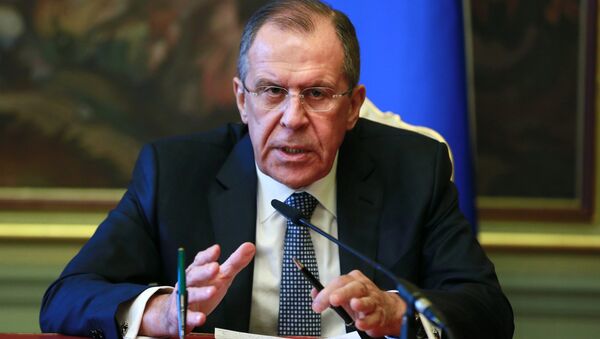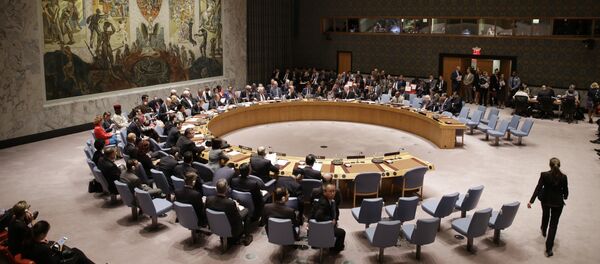"I think it [rejection] is unlikely, but an attempt by anyone to rewrite the Vienna agreements within the framework of the resolution of the UN Security Council, to downgrade their value and to weaken the role everyone agreed to see in the activities of International Syria Support Group, could hamper [the adoption of the resolution]," Lavrov said.
The minister added that the presence of all the UNSC permanent members in International Syria Support Group gave him hope that everyone would agree on the resolution.
At the first round of the Vienna talks, which took place on October 30, international mediators worked out a nine-point plan on ending the Syrian conflict, including a definition of national unity, the need to defeat extremist groups and to provide assistance to refugees.
On November 15, during the second round of talks, the mediators agreed to uphold the 2012 Geneva communique on finding a political solution to the crisis and set a six-month timeframe for Damascus to form an interim unity government, while stipulating that elections in Syria should be held within 18 months.



